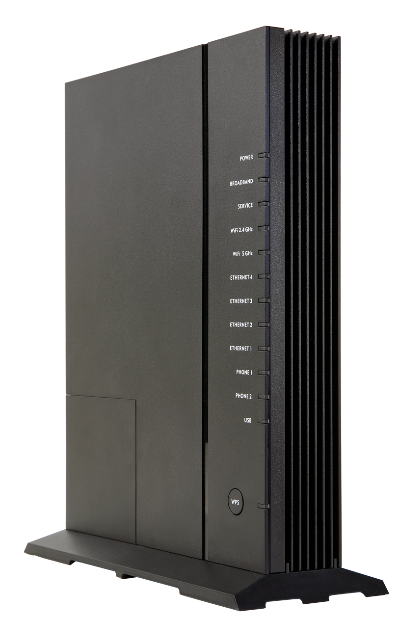
Many people simply choose the default password when setting up their Wi-Fi router. While this might be the easiest approach, it also leaves your internet service exposed to hackers, data thieves, and cybercriminals who look for unprotected networks. Below are a few tips for choosing a safe, secure password for your Wi-Fi service.
How to Secure Your Wi-Fi
1. Add WPA2 or WPA3 Encryption
Many older wireless routers use Wireless Equivalent Privacy (WEP) encryption, which can be penetrated with basic modern hacking tools. Newer routers come with Wi-Fi Protected Access 2 or 3 (WPA2 and WPA3), which are much more secure. If you’ve been using the same router for several years, you may want to upgrade your unit.
2. Don’t Use the Default Password

Most Wi-Fi routers come with passwords pre-configured by the manufacturer. Hackers and data thieves know how these codes are generated, and will almost always try the defaults first. When setting up your router, go through the steps to set up a unique password only you and your family members will know.
3. Avoid Common Passwords
Cybercriminals often use brute-force attacks that guess hundreds or thousands of passwords in a minute. Using common passwords or words found in the dictionary makes it easier for someone to break into your network using these simple tools.
Avoid using real words, especially “password,” “asdf” and “qwerty.” Your password should also be unique, so don’t recycle codes from previous hardware or websites.
4. Create a Strong Password
A strong password consists of at least 12 characters, but it’s best to use up to 16. It should employ both letters and numbers, along with special characters like “@” or underscores. Many security experts recommend using a sentence or phrase with spaces (if allowed), which can be almost impossible for a hacker to guess.
A mnemonic device can help you remember a complex password, so try to adapt a phrase you’ll be able to recall. For instance, “M^ !nt3rn#7” is a more obscure version of the phrase “my internet,” which is easy for you to remember but difficult for a hacker to crack.
5. Get a router from your Internet Service Provider (ISP)
You may want to check with your ISP to see if they offer routers to their customers. This will help take all of the guess work out of securing your Wi-Fi network.
NHTC offers both free and paid routers to our Internet customers to help make sure your network is secure. You can call to learn which router will work better for your needs.
Since 1951, NHTC has been keeping homes throughout northern Alabama connected to the world. They offer reliable fiber optic internet services through lightning-fast upload and download speeds, along with the expertise to help keep your network safe. Visit their website for more on their broadband internet services, or call (256) 723-4211 to sign up today.
About the Business
Have a question? Ask the experts!
Send your question

